A Cross-National Study
Knowledge, Policy and Practice in Teacher Education reviews the evolution of education policy on initial teacher education as an indicator of the knowledge that is considered important for nation building. It also looks at research on approaches and structures to initial teacher learning as an indication of the intellectual and moral direction to which schooling must aspire. Contributors look at these dynamics across a range of societies including Australia, the Czech Republic, England, Finland, Hong Kong, Israel, Italy, Japan, South Korea, Mexico, Russia, and the USA. Using a review of the literature approach within a comparative framework, the book seeks to answer the following questions for each country: What has been the evolution of different approaches to learning to teach in each setting, and what factors have influenced change over the years? What are the underlying theories that characterize past and current thinking about the knowledge, skills and dispositions needed by teachers and what evidence is used to support these theories? What does a review on the state of the knowledge about teacher education over the past 30 years reveal about the evolution of the research and knowledge traditions that have supported current and past innovations in teacher education? Maria Teresa Tatto and Ian Menter explore international variability in different conceptions of knowledge in the context of learning to teach and explore the way in which national and international influences interact in the developing trajectories of teacher education policy and practice, considering what knowledge is considered important for teachers to have.
Using a review of the literature approach within a comparative framework, the book seeks to answer the following questions for each country: What has been the evolution of different approaches to learning to teach in each setting, and what ...





